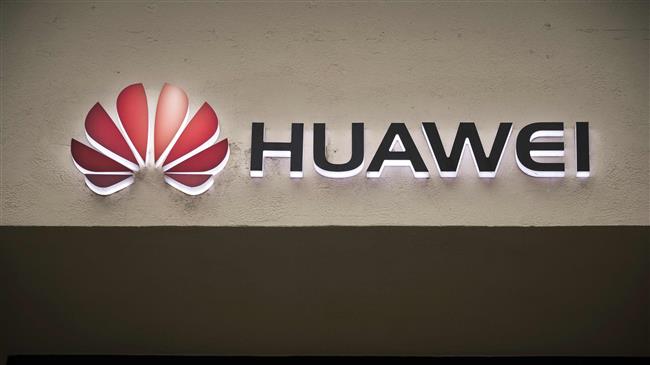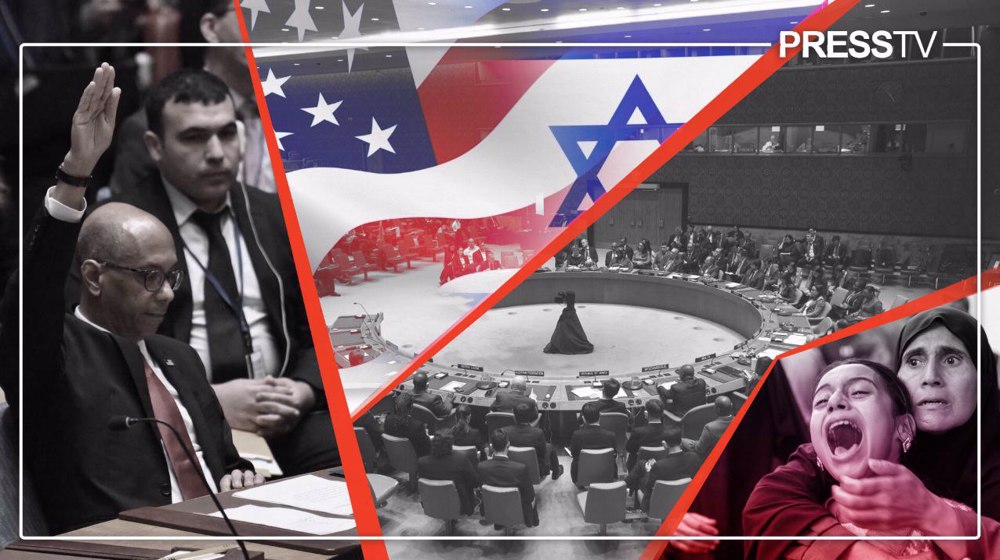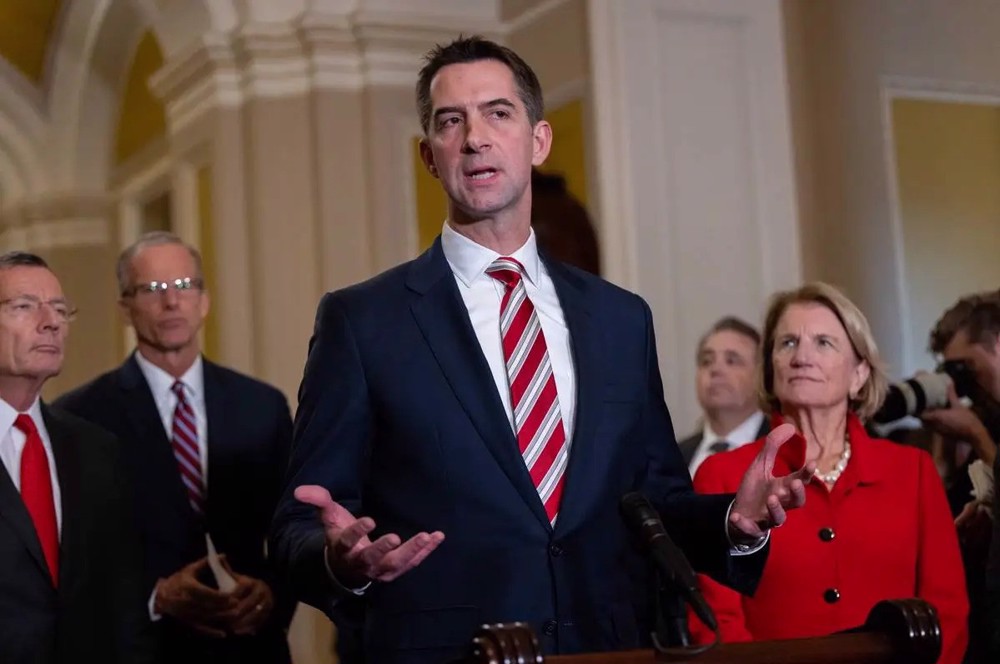US top diplomat Pompeo repeats warning to allies not to use China’s Huawei systems
US Secretary of State Mike Pompeo has warned that the United States would not share information with countries and allies that use Chinese telecommunications giant Huawei in the development of their next-generation 5G mobile networks.
"If a country adopts this and puts it in some of their critical information systems, we won't be able to share information with them, we won't be able to work alongside them," Pompeo said in an interview on Fox Business Network on Thursday.
"We're not going to put American information at risk," he added.
Asked about some Western countries that have resisted US calls to ban Huawei products, Pomepo said Washington has been talking to other nations to make sure they "understand the risk of putting this Huawei technology into their IT systems.”
“We can’t forget these systems were designed … alongside the Chinese PLA, their military in China,” he said. “They are creating a real risk for these countries and their systems, the security of their people.”
His remarks come after Britain, Italy and New Zealand all signaled this week that there might still be room for Huawei in their 5G infrastructure development plans.
On Monday, an unnamed source from Britain’s National Cyber Security Centre (NCSC) told the Financial Times that the risks posed by Huawei were “manageable”.
Pompeo made a similar warning earlier this month, cautioning allies against deploying equipment from Huawei on their soil, saying it would make it more difficult for Washington to “partner alongside them”.
In August, US President Donald Trump signed a bill that barred the US government itself from using Huawei and ZTE equipment.
The Trump administration is also considering an executive order to declare a national emergency that would bar US companies from using products made by Huawei and ZTE.
The Trump administration has also been warning other countries against adopting 5G systems from Huawei , citing security concerns.
Both Huawei and the Chinese government have denied using the company’s equipments for espionage. On Wednesday, Huawei’s founder and president Ren Zhengfei told CBS News that it “absolutely never installs back doors”.
“Even if we were required by Chinese law, we would firmly reject that,” he said.
Canada detained Ren’s daughter, Meng Wanzhou, who is Huawei’s chief financial officer, in December at the request of US authorities investigating the company for allegedly using a covert subsidiary to sell to Iran in breach of US sanctions.
Huawei last year surpassed Apple to become the world’s second-largest smartphone manufacturer behind Samsung.
Critics of the US claim that its motive in attacking Huawei is not because it is a genuine security threat – but because it is a rival in a crucial sector of the world economy in which America has enjoyed unrivalled supremacy for decades.
#BribedByAIPAC: US lawmakers on Zionist lobby payroll irked by ICC arrest warrants
From cradle to chaos: My infant son’s journey through war and displacement
Lebanon condemns Israeli attack on UN peacekeepers
‘Everyone here is at risk’: Injured Kamal Adwan Hospital director’s poignant message
VIDEO | 'We will rebuild a thousand times’
Ex-Israeli war minister Gallant to head to US despite ICC arrest warrant
Iran’s foreign minister in Portugal to attend 10th UNAOC Global Forum
VIDEO | Israel puts Beirut under back-to-back assaults as Hezbollah says Netanyahu won’t succeed











 This makes it easy to access the Press TV website
This makes it easy to access the Press TV website